The Stubborn Problem: Confronting Misogyny in the Music Industry
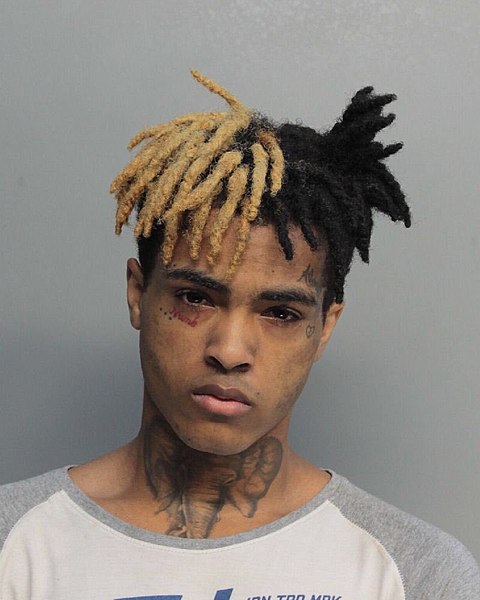
XXXTENTION: Image courtesy of Wikipedia
The #MeToo movement has been hailed as Hollywood’s savior. Thanks to dozens of courageous women, whose accusations have leveled the reputations of powerful men once thought untouchable, female actresses now feel at least somewhat protected from assault and unwanted advances by a hedge of media attention. Yet despite this immeasurably vital progress, all is not well in the entertainment industry. While predatory men have been taken down in the acting industry, many male musicians have seemingly been given a green light to continue inappropriate or illegal behavior that often targets rising female artists and even fans.
The music industry has consistently allowed influential artists to skirt laws, often those pertaining to drug use. Successful male artists, moreover, gain another edge: their universal popularity. For these men, there has been no moment of reckoning, either with the law or with their fans. While dozens of actors have condemned accused directors such as Woody Allen, and fans have vowed to boycott these predators in the film industry, even the most well-supported allegations against male musical artists tend to be shrugged off. Rising musicians like Kodak Black, who is accused of raping a high school girl in a hotel room while she screamed for help, and XXXTENTACION, who allegedly attacked and beat his pregnant girlfriend, have experienced few or no repercussions for their actions. There has been little media attention or fan backlash, and their music continues to grow in popularity despite the allegations. Chris Brown, R. Kelly, Marilyn Manson: each of these legendary artists has been involved in court cases involving domestic abuse or rape, yet has sustained few attacks on his fame.
Adding to the complexity of misogyny in music is the disparity between an artist’s actions and his lyrics, which makes it difficult for the casual listener to determine the true personality of a favorite musician. Despite his history of domestic abuse, XXXTENTACION, for example, has been praised for his candid depiction of depression and suicide in his music. Since singers are often controlled by their labels and have their social media carefully curated by managers, they can easily project an image that is inconsistent with their personal actions but serves to encourage their professional popularity. Additionally, among artists, males are often held less accountable for their actions, such as Justin Timberlake and Janet Jackson’s infamous “wardrobe malfunction” at Super Bowl XXXVIII, where Timberlake ripped off a part of Jackson’s costume in a choreographed move but accidentally revealed her breast. The incident demolished Jackson’s career, yet Timberlake experienced no long-lasting repercussions and was even invited back to perform at Super Bowl LII.
An additional complexity of sexual assault within the music industry is the prevalence of lyrics that demean or even threaten violence against women. Though it would be overreaching to link song lyrics with sexual assault, such songs do exhibit the prevalence of objectification of women among singers and their fans alike, and it is a small step from objectification to viewing females from a sexual, even predatory, perspective. In films, depictions of violence against women are often accompanied by trigger warnings and criticism from reviewers; in songs, however, referring to women by demeaning terms such as “bitch” and “hoe,” or even referencing sexual assault is accepted, and often spawns hits with lyrics that turn questionable on second thought (think of Robin Thicke’s hit “Blurred Lines,” the chorus of which contains the coercive phrase, “I know you want it”). Even the most socially aware artists may have underlying misogynist themes in their music; for example, for all the artist’s anti-racism sentiment, Eminem’s 2000 album The Marshall Mathers LP featured eleven songs with lyrics referencing objectification or violence against women (out of the 14 on the album).
It is likely that little will change as music evolves, especially considering the increasing popularity of hip-hop and rap music, where objectification of women is so prevalent that there is an entire Wikipedia article devoted to “Misogyny in Rap Music.” It is time, however, to hold men in the music industry accountable for violence against women, both in legal charges and in fan backlash. Labels must take action to drop musicians who have been plausibly accused of harassment or assault, and fans must also make the decision to either support or oppose an artist’s works. Much like the #MeToo movement, change in the music industry must happen from the ground up—but that can never happen unless there is a universal acknowledgement that women’s lives matter more than a man’s whims, no matter their fame or influence.


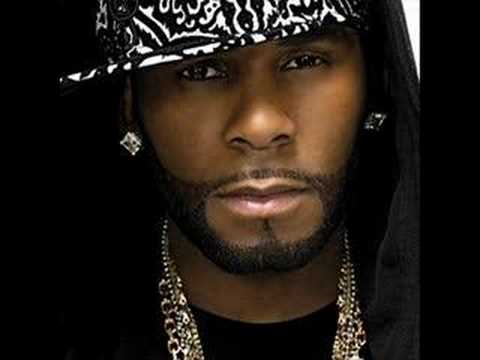

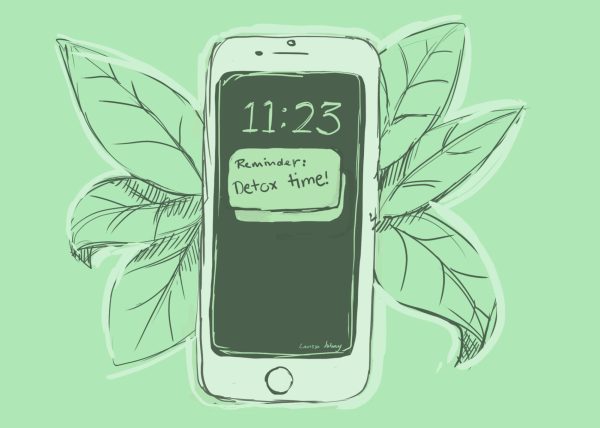

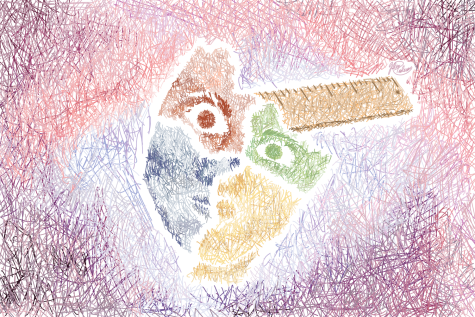


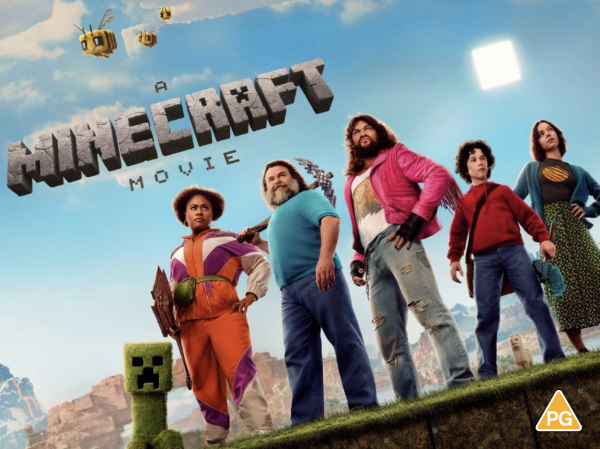
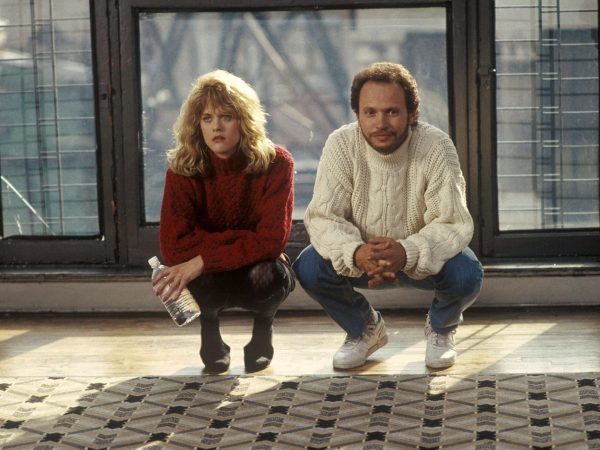

Lil J • Sep 26, 2019 at 5:39 pm
LLJ
On Jah, X a legend!!
Bautie • Oct 20, 2021 at 7:28 pm
Si vis era mi cantante favorito